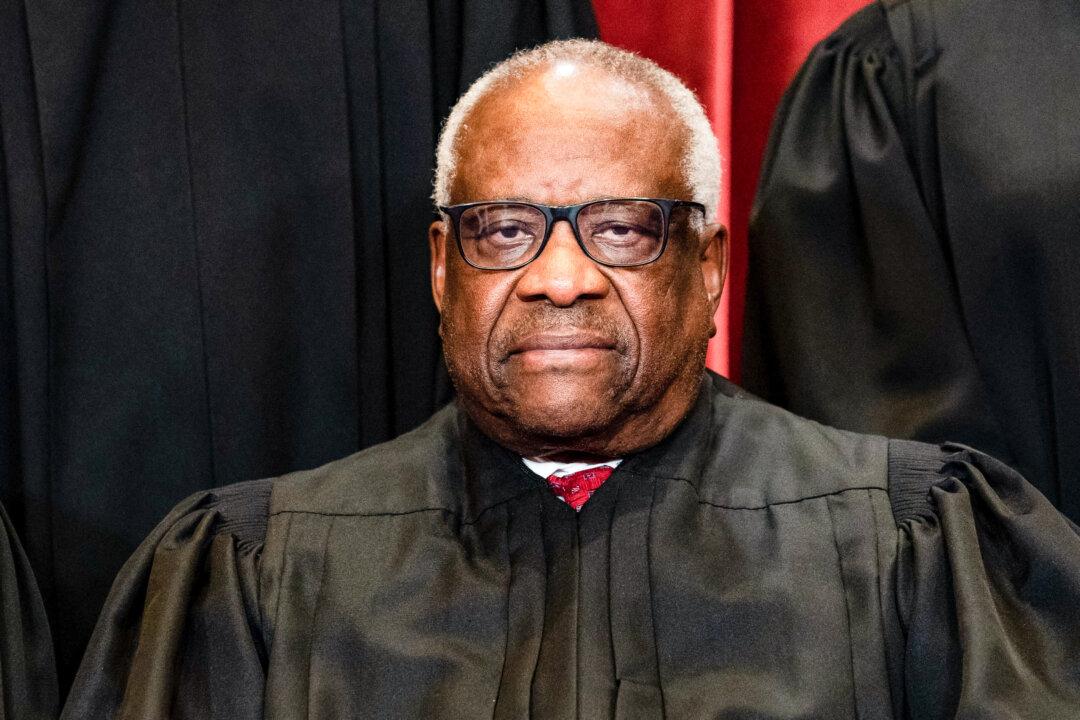Commentary
Never before in U.S. history have Americans been less free to see and say what they want. The blame goes mostly to the social media giants such as Facebook, YouTube, and Google that censor political views they don’t like.

Never before in U.S. history have Americans been less free to see and say what they want. The blame goes mostly to the social media giants such as Facebook, YouTube, and Google that censor political views they don’t like.